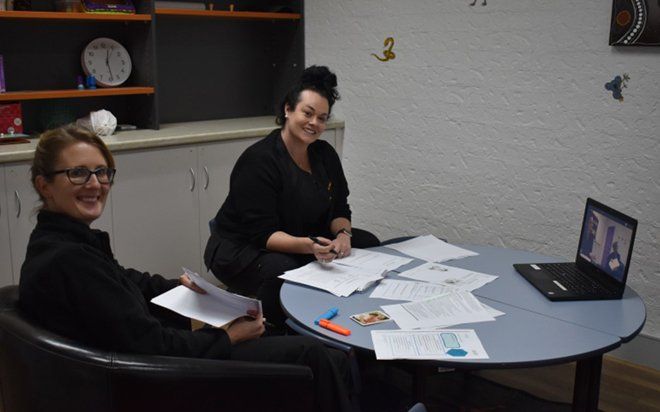WACHS: Positive changes in service delivery
Above: Jess and Nikkita preparing for a video chat with a client
ANFPP Nurse Supervisor Emma Ramsay and her ANFPP team at Wellington Aboriginal Corporation Health Service (WACHS) in Dubbo, talks about adapting to the challenges forced upon them by COVID-19 – and along the way, identifies some positive changes they hope to sustain beyond the pandemic.
With restrictions in place, the team started working from home, adapting the ANFPP to a telehealth model. Phone visits were performed on an alternate basis between the AFPW and NHV assigned to each client to ensure ongoing relationships with both members of the Home Visiting Team.
The local post office became accustomed to our regular mail outs of milestone gifts and self care packs for clients, including DIY dream catchers, which were well received. For the first time we used email to contact clients and provide resources and support and, for clients with the capacity, we used Webex, and then Microsoft Teams to facilitate engagement and observation of client and child. This continues to be an option when we are unable to see clients due to illness, and will result in a decrease in missed visits.
Email was used to provide regular updates to service providers and referral sources. With many services unable to accept visitors to their premises, we filmed clients talking about their experiences on the Program: these have been provided on branded USBs to services with our interactive referral form and PowerPoint presentation, and included on our website. We are particularly proud of the clients who took part in this, as we were all nervous about appearing in front of a camera!
As a Nurse Supervisor, I want to take the opportunity to thank the ANFPP Team here at WACHS, our management, and the NSS, for their commitment and flexibility in these challenging times.
Steep Learning Curve
The use of telehealth has been a steep learning curve and forced some changes quickly, but from my perspective telehealth has revealed possibilities and unexpected positives that could broaden our service and care. I had not long joined the ANFPP program as a NHV and with little experience in home visiting, we were asked to work from home due to COVID-19.
It was a bumpy start trying to establish therapeutic relationships with clients and navigate working together with AFPWs remotely. I found this uneasiness was mostly on my part - getting used to having deeper conversations with women I had only just got to know over the phone or via web. I soon realised many of our clients are young and they were quite comfortable with technology and communicating over the phone came naturally. Many were very quick to deepen their trust in us and many shared their worries with mental health struggles and lack of support. It could be that for some it was easier to have the harder discussions remotely, as there was a level of comfort not having to look us in the eye and the safety of being in their own environment.
Of course, there were issues with telehealth that are hard to resolve. These issues included not knowing if other people were around so some questions we couldn’t ask; not being sure if pauses were just time they were thinking or they had finished the discussion. Since being back in the office and the continued scrutiny on mild symptoms, it is wonderful we can still offer telehealth visits for clients. I still find a few of the clients share more over the phone than in person.
Following Heart’s Desire
Amelia* was referred to the ANFPP at 12 weeks by the midwife (and previous NHV) at the local AMS. She was allocated Francie as her AFPW and Ash as her NHV, who supported her through pregnancy and when she gave birth to her daughter, Kay*. Both of Amelia’s workers left and myself and NHV Lowana started working with Amelia when her daughter was around 6 months of age.
Since being Amelia’s AFPW, she has achieved two goals she had set herself while on the Program. One of her goals was to be able to take her daughter out in public without being anxious and worried about seeing the family of Kay’s father. This was due to past trauma she has had from them. Amelia was referred by her AFPW to attend the Uniting playgroups every Thursday. Amelia at first admitted she didn’t think she was going to attend and pushed herself to attend the first session and now loves it and hasn’t missed a day in over two months. Amelia’s previous AFPW Francie works there also and Amelia said that made her feel more comfortable in attending the playgroups. Amelia was very thankful that I had supported her in attending and has made the comment she wouldn’t have done it without me.
Amelia’s second goal was to re-enrol in her TAFE course which she had started but didn’t get to finish. Amelia re-enrolled this year and is now currently studying fulltime and completing two days a week prac at a school and the other three days she will attend online classes to finish. Amelia has over 100 hours to complete for her prac and has made the decision to pull out of the ANFPP and put all her focus on completing her TAFE course to better her future and to be able to get a job and show Kay that she can do anything she puts her mind to. Amelia struggled with making the decision to leave the ANFPP and stated multiple times she doesn’t want to leave but knew she wouldn’t be able to commit to visits while studying fulltime. Amelia thanked both AFPW and NHV for the support we have given her over the past seven months and we wish her all the best.
Note: Client and family names have been changed to protect the identity of families.





